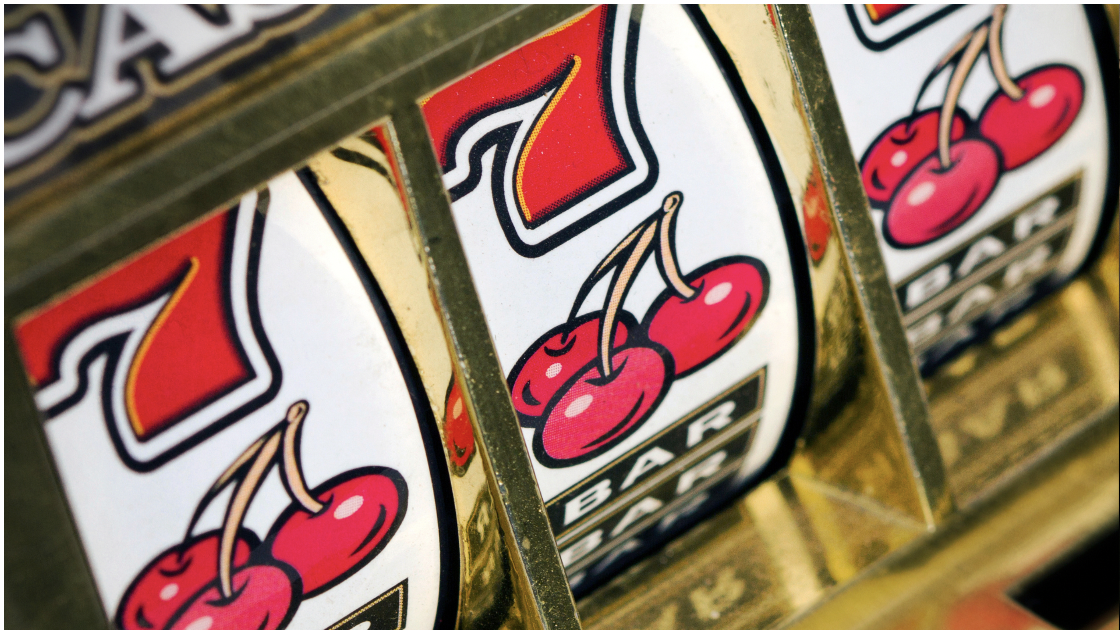
Thousands of retired slot machines gather in a vast Atlantic City industrial complex showing only darkened screens and dead buttons after their gambling days ended. The end of service exposes casino games to a unique interim condition before their complete disposal while very few gamblers actually witness this process.
Each slots machine operating in Atlantic City contains its own narrative which eventually leads most devices to their destiny in "the boneyard." Recycling facilities function as warehouses which perform recycling tasks on automated gaming devices that were replaced by updated models or due to casino remodeling projects. Available data indicates that slot machine lifetime expectancy extends from three to five years when placed on casino floors but certain popular games sometimes exceed this duration.
Climate-controlled facilities serve as storage facilities for the proper organization and preservation of machines. The machines will either receive rehabilitation before being placed in small-venue markets or their components will be removed before product remanufacturing or material recovery. The systematic procedure includes recording extensive historical information about each machine such as performance evaluations and maintenance logs.
A multistep financial analysis determines when slot machines need to be taken out of service. More recent casino equipment featuring updated choices and trendy themes drives increased earnings that destroys the profit potential of mature gambling machines. When installed new machines reach prices beyond $20,000 casinos must handle machine modernization efforts while watching their financial situation.
Regulations related to gaming systems control multiple aspects of retirement procedures. Machines need to achieve thorough documentation while their software needs complete removal to satisfy gaming commission standards. All serial numbers get registered while strict documented procedures protect sensitive equipment from unauthorized access.
A majority of retired gaming machines receive a new function through proper mechanical breakdown. The retirement procedure sorts all machine elements which include computer boards and coin mechanisms for proper processing. Electronic components deliver precious metals as technicians retrieve these metals during the recycling process. The plastic housings become recycle byproduct through grinding operations. The gaming industry maintains an unexpected environmentally-friendly practice which most people neglect to recognize.
A select few gaming devices obtain their position within the annals of historical machines. Specific models from casino game history are maintained for historical reasons as both they appear in museums displaying gaming artifacts while other examples exist as private collections. The protected pieces of casino equipment inform researchers about changes that have occurred in casino technology throughout its history and design developments over time.
The machines which once operated in casinos do not always end up in storage after retirement. Used machines migrate to countries having different regulations and nations using obsolete machine technology. The worldwide marketplace for retired gaming machines enables producers to renew their lifespan and it makes older game options accessible for developing gambling regions.
The individuals who operate in warehouse facilities learn to value the processed machines in an unexpected way. The workers possess detailed knowledge about different gaming models because they regularly share unique stories from dated machines.
Rapid technological progress makes even machines that were recently released in the market become outdated very quickly. Players in the modern era demand high-quality graphics together with interactive elements and links to reward systems which make them unable to play older gaming machines.
The manner through which slot machines get discarded affects environmental conditions significantly. Different materials need specific recycling methods despite the possibility of recycling multiple elements. Modern industry efforts to establish better environmentally friendly disposal solutions continue to encounter ongoing difficulties.
Digital gaming technology updates transform the strategies for slot machine retirement procedures. The retirement and disposal of server-based virtual games present emerging difficulties to the gaming industry because these systems need different maintenance protocols.
The abandoned casino games in slot machine graveyards maintain their status as historical memorials that document the development of casino entertainment through casino games. The evolution of gaming technology is represented by each retired machine since it progressed from mechanical reels all the way to advanced computer systems.
The sensitive operational methods used at these facilities maintain retired gaming machines' operational value since they provide parts for recycling and historical preservation and market availability for different uses.
The future gaming facilities will reshape their equipment lifecycle strategies by adapting to industry changes but will maintain progress-preserving standards.